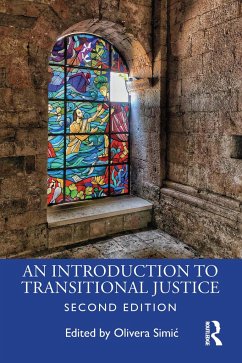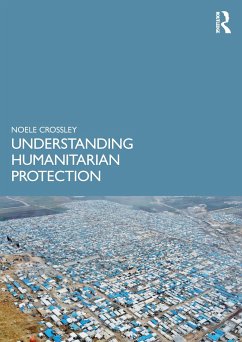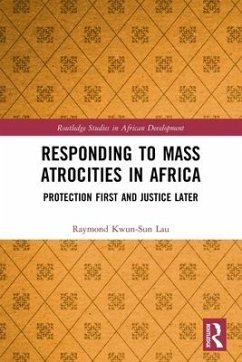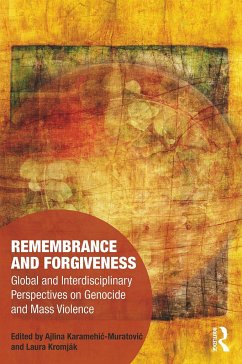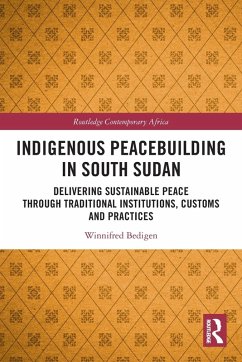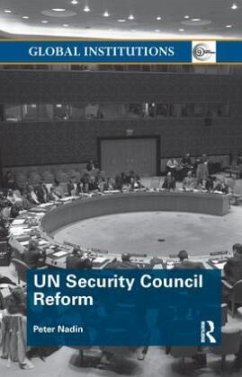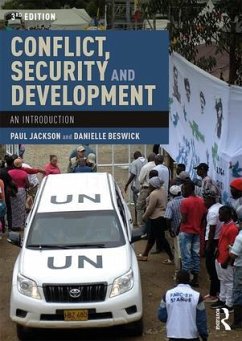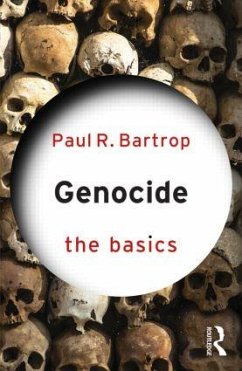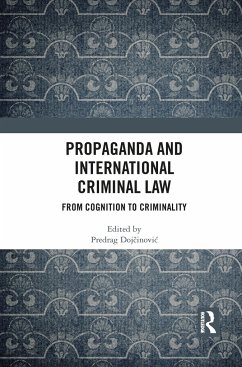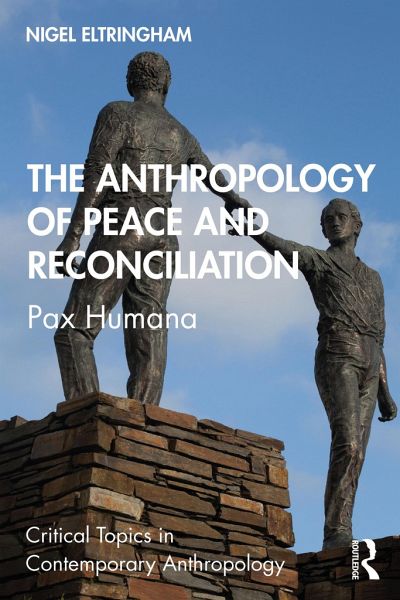
The Anthropology of Peace and Reconciliation
Pax Humana
Versandkostenfrei!
Versandfertig in 6-10 Tagen
42,99 €
inkl. MwSt.
Weitere Ausgaben:

PAYBACK Punkte
21 °P sammeln!
This book offers a uniquely comparative, case-study perspective on the anthropology of peace and reconciliation.In the contemporary world, the end of violent conflict often gives way to one, or a combination, of five interventions designed to strengthen "peace" and facilitate "reconciliation". These interventions are: the reinvigoration of "traditional" conflict management mechanisms; the collection and preservation of testimony; truth commissions; international criminal trials; and memorialisation. Social anthropologists have challenged the received wisdom on which these interventions are bas...
This book offers a uniquely comparative, case-study perspective on the anthropology of peace and reconciliation.
In the contemporary world, the end of violent conflict often gives way to one, or a combination, of five interventions designed to strengthen "peace" and facilitate "reconciliation". These interventions are: the reinvigoration of "traditional" conflict management mechanisms; the collection and preservation of testimony; truth commissions; international criminal trials; and memorialisation. Social anthropologists have challenged the received wisdom on which these interventions are based, arguing that they fail to adequately take into account and sensitively manage the needs and expectations of those who have lived through conflict. Exploring the five interventions through detailed ethnographic accounts from around the world, this book demonstrates that although social anthropologists adopt a critical stance, they do not dismiss "received wisdom" out of hand;rather, they advocate that interventions should be subject to continuous evaluation according to the evolving, often contradictory, needs and wishes of those who strive to survive among the ruins of their former lives.
This is essential reading for scholars of peace studies, conflict resolution studies and those taking an anthropological approach to conflict, violence, human rights and law.
In the contemporary world, the end of violent conflict often gives way to one, or a combination, of five interventions designed to strengthen "peace" and facilitate "reconciliation". These interventions are: the reinvigoration of "traditional" conflict management mechanisms; the collection and preservation of testimony; truth commissions; international criminal trials; and memorialisation. Social anthropologists have challenged the received wisdom on which these interventions are based, arguing that they fail to adequately take into account and sensitively manage the needs and expectations of those who have lived through conflict. Exploring the five interventions through detailed ethnographic accounts from around the world, this book demonstrates that although social anthropologists adopt a critical stance, they do not dismiss "received wisdom" out of hand;rather, they advocate that interventions should be subject to continuous evaluation according to the evolving, often contradictory, needs and wishes of those who strive to survive among the ruins of their former lives.
This is essential reading for scholars of peace studies, conflict resolution studies and those taking an anthropological approach to conflict, violence, human rights and law.





